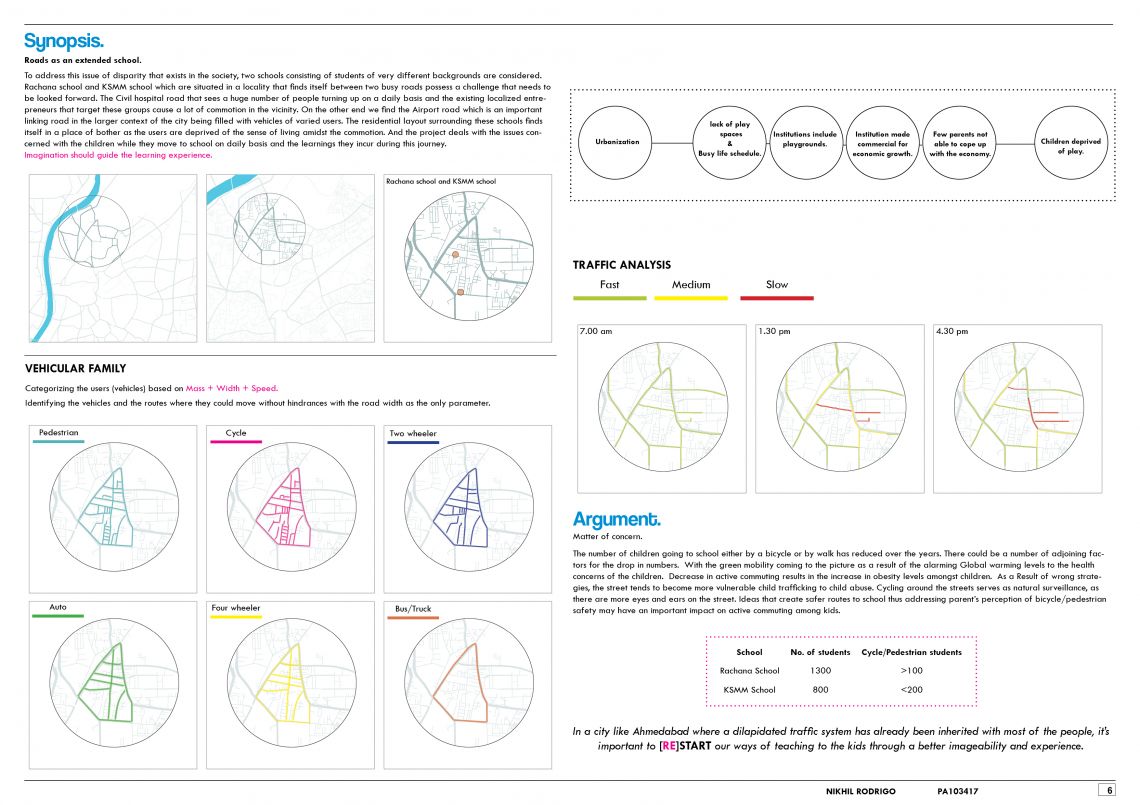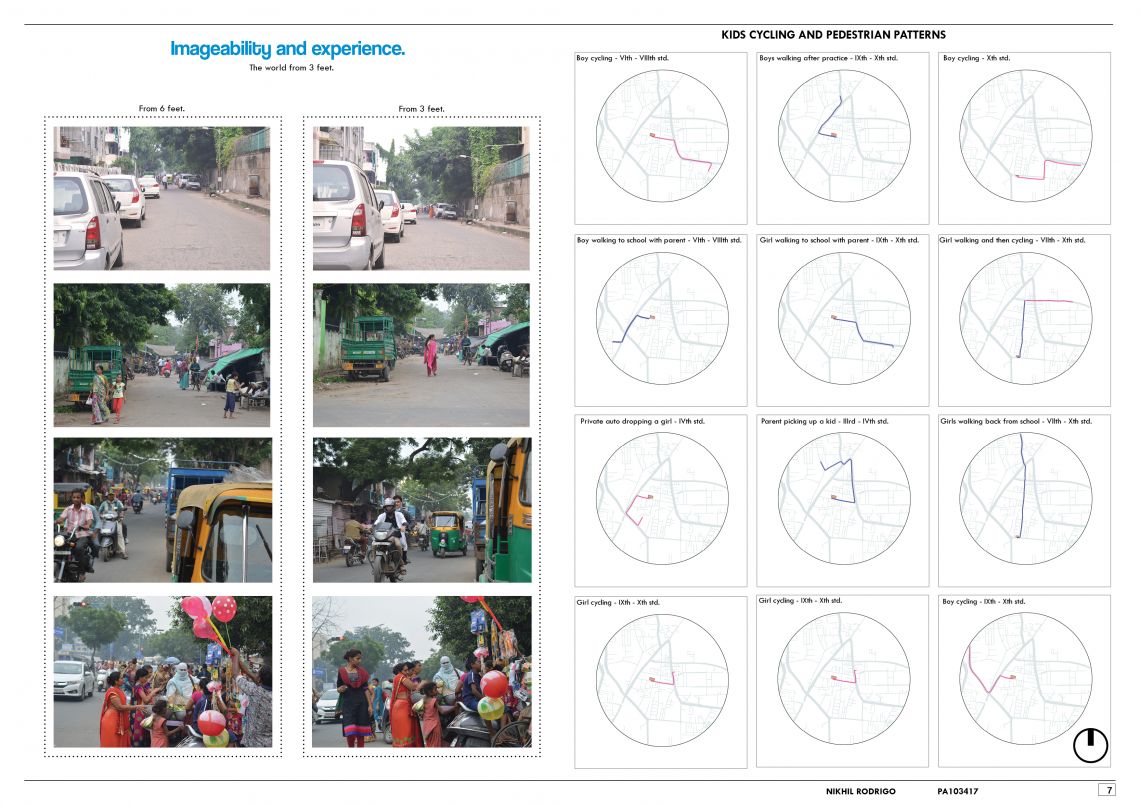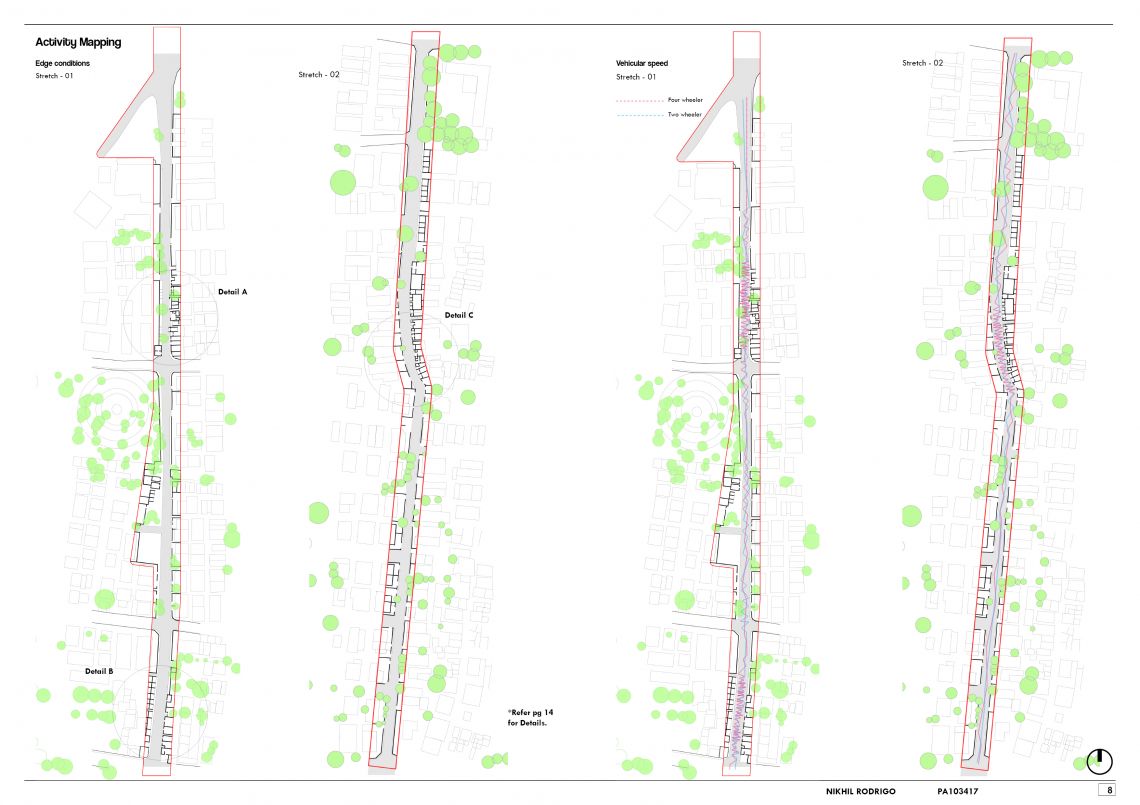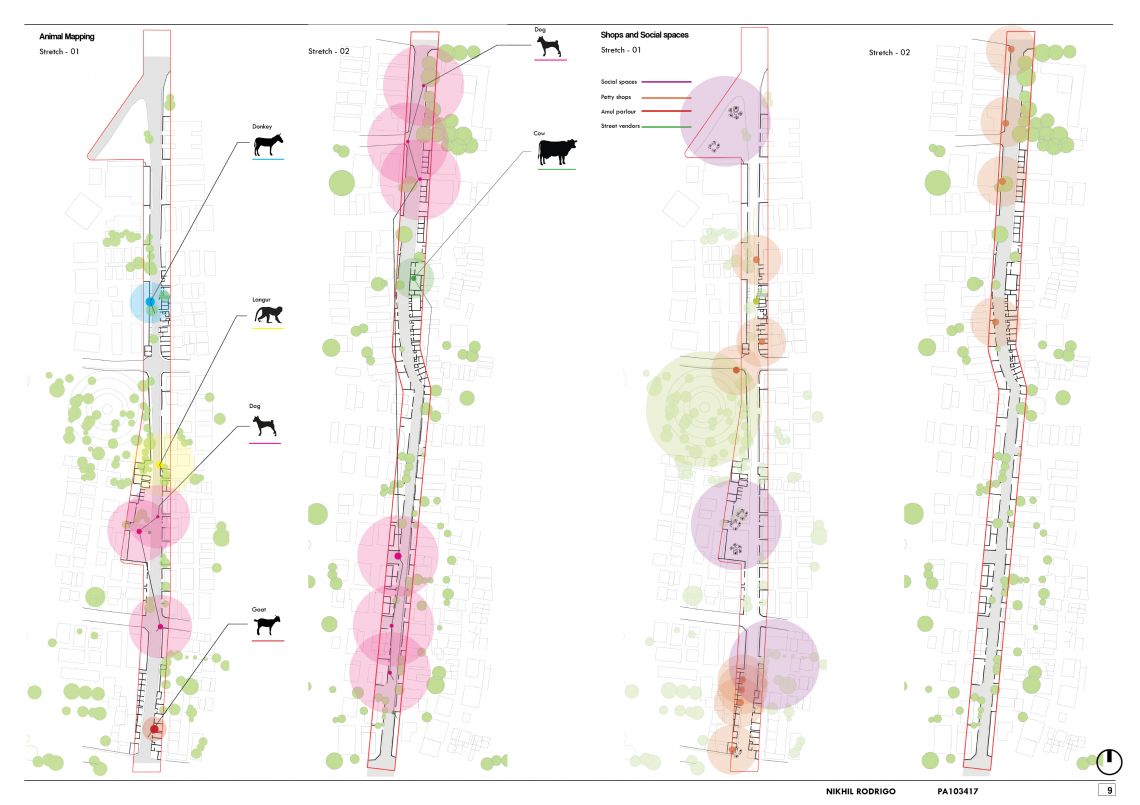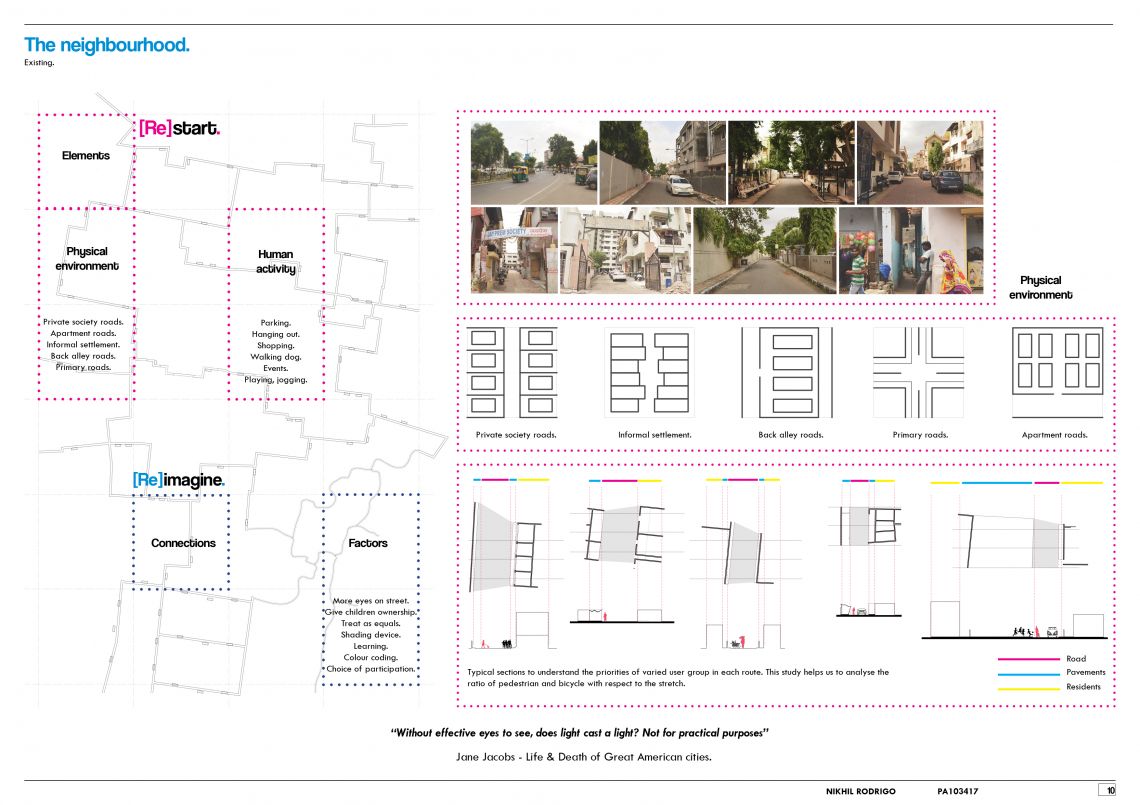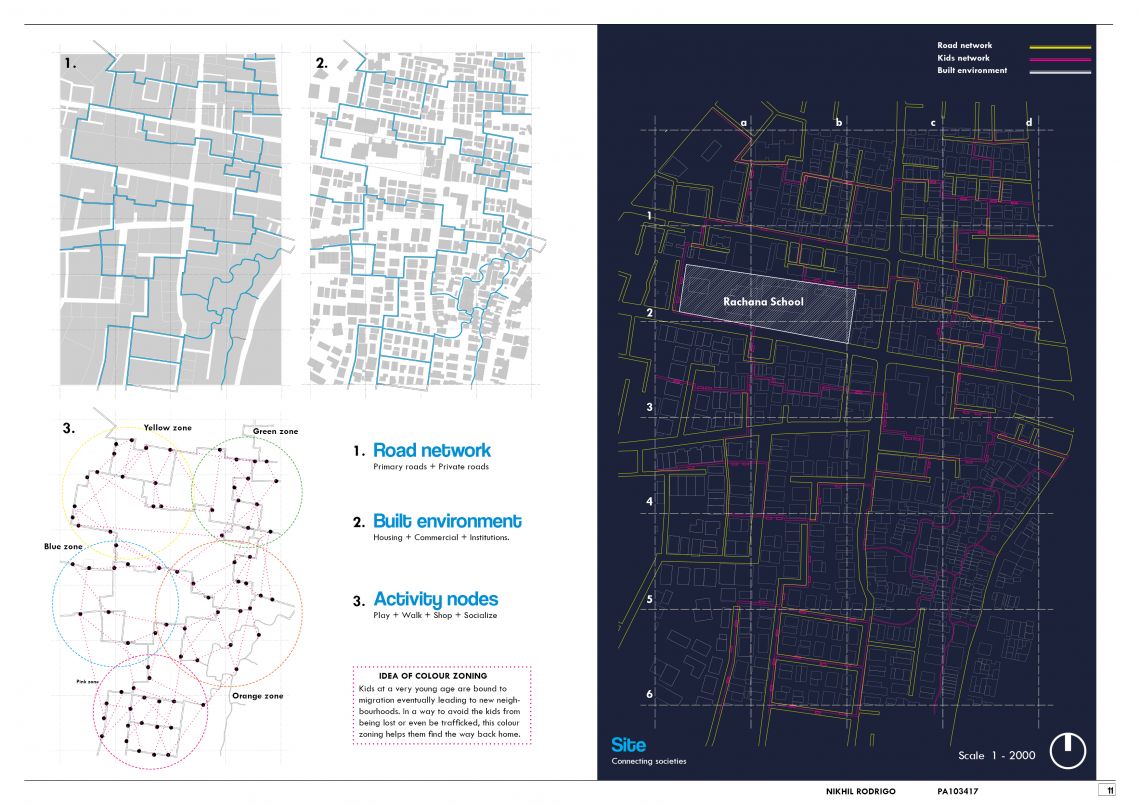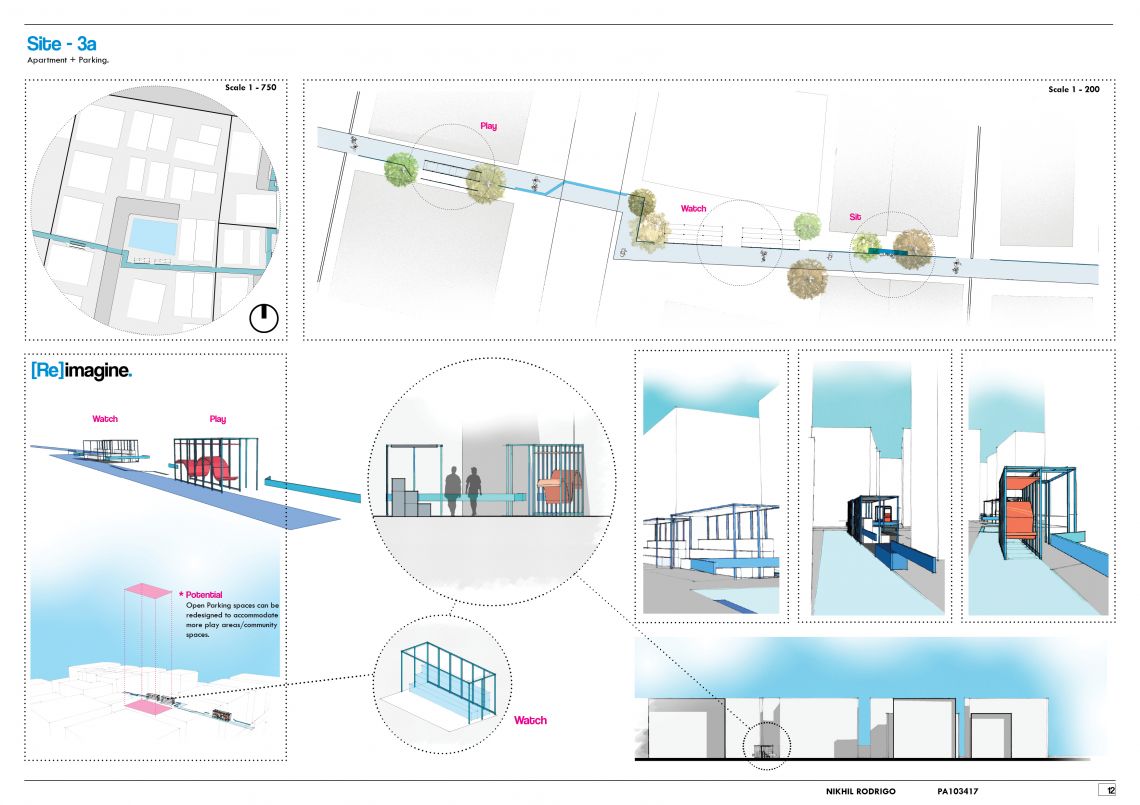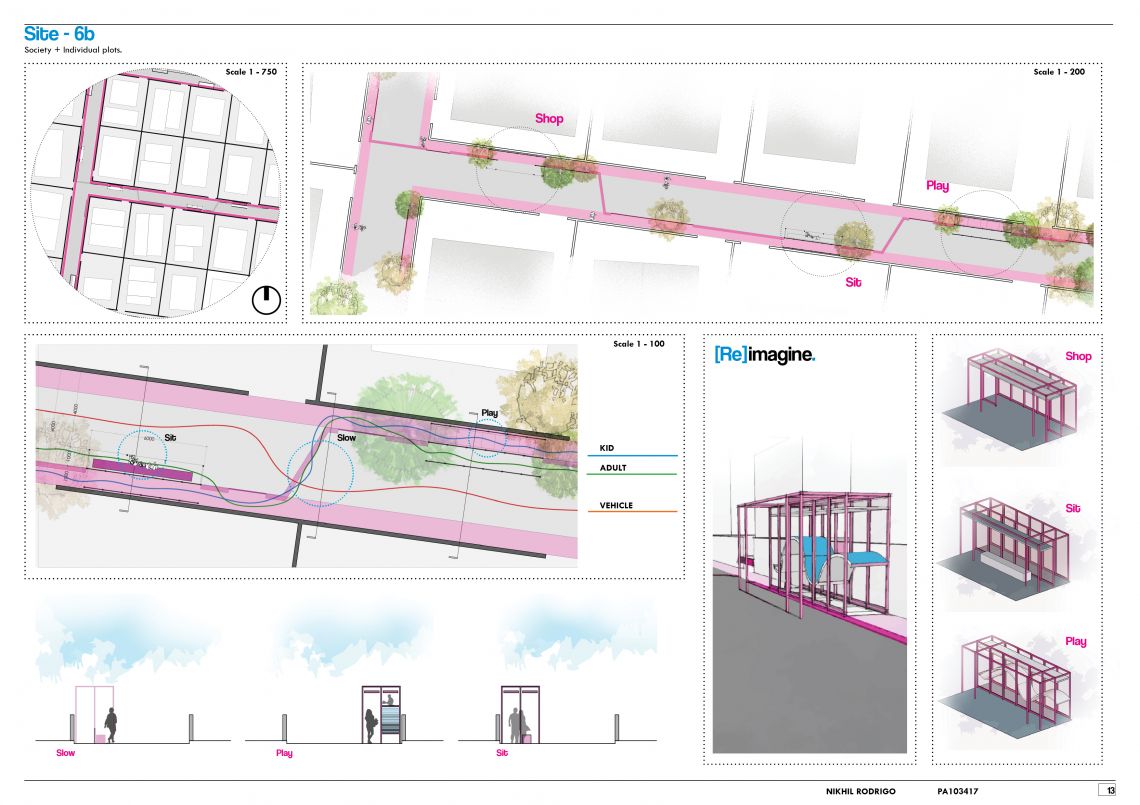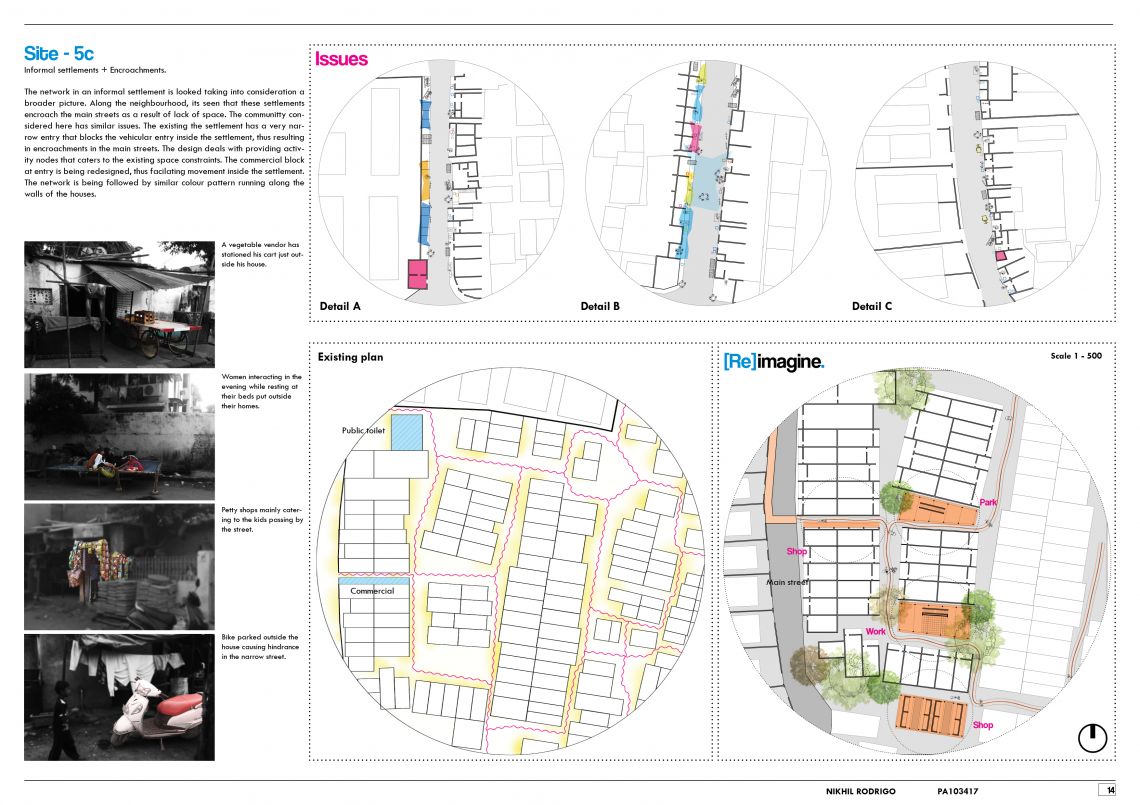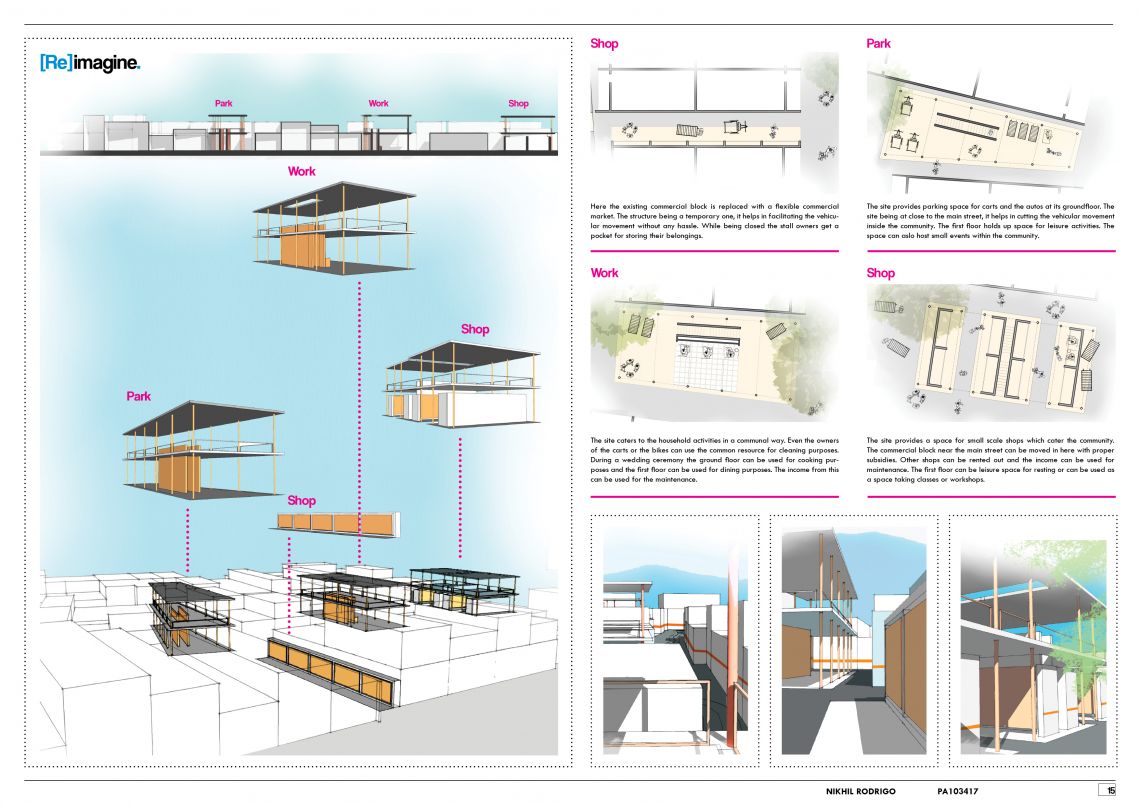Your browser is out-of-date!
For a richer surfing experience on our website, please update your browser. Update my browser now!
For a richer surfing experience on our website, please update your browser. Update my browser now!
Urban advances have been uneven, and millions of children in marginalized urban settings confront daily challenges and deprivations of their rights. Clearly the Urban life has been harsh. It need not be. The design needs to address about the harsh urban realities the Children confront. It is possible to address these issues faced by the children, but only if all these children receive due attention and investment and if the privilege of some is not allowed to obscure the disadvantages of others. The journey of the project should lead to a design strategy that reaches out to the excluded children and foster equity in urban settings riven by disparity. The exclusion of the children from the urban context is often reinforced by a variety of factors that are discussed in the brief.
Physical proximity to a service does not guarantee access.
Children living in urban settings have the full range of civil, political, social, cultural and economic rights. These rights include survival; development to the fullest; protection from abuse, exploitation and discrimination; and participation in family, cultural and social life. Children have no role to play in the existing social hierarchy system that has been set up. They are just born in these systems, which are already hampered or damaged by our predecessors. Then later incur knowledge from the stereotypical thoughts and shape their future based on these misconceived perceptions. It is easy to regard them simply as victims of forces beyond their control. But as they grow, children often play an active role in shaping their lives. Children are at times exposed to migration due to various reasons, it could be in search of better livelihood or educational oppurtunities. Family circumstances, such as the loss of a parent or an unstable or difficult situation at home, often play a role. In a micro level they move to nearby localities on a temporary basis, in search of better grounds or could be new friends also. Be it forced or voluntary, migration entails risks that require age-appropriate measures to protect the children involved. The kids get vulnerable to exploitation, abuse and trafficking. The urban childhood reflects on broad disparities that exists in cities.
The hardships endured by these kids in an urban environment is often concealed and later perpetuated or neglected. For this to change, a focus on equity is needed – one in which priority is given to the children, wherever they live.
